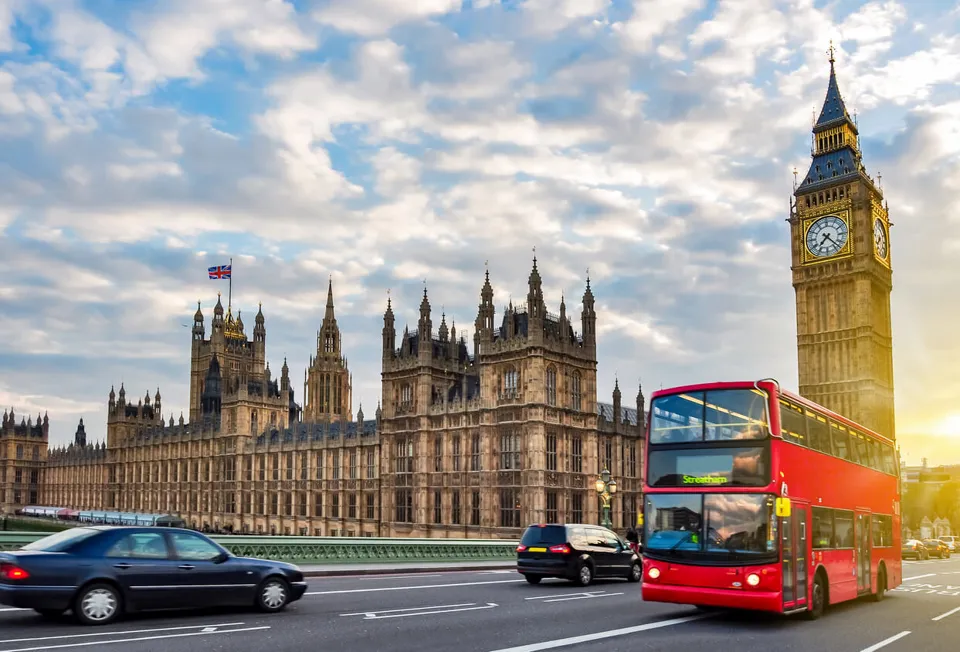Brexit is unlikely to change the course of environmental policy in the UK in the short term, including the introduction of so-called ‘Clean Air Zones’.
Currently, 38 out of 43 geographical zones in the UK are failing European Union (EU) air quality standards due to high levels of NOx – the gas that is emitted by burning fuels, especially diesel.
It was a group of activist lawyers, Client Earth, which forced the UK Government to act. The Supreme Court labelled Government plans to cut illegal levels of air pollution ineffective and ordered a rethink.
In an effort to tackle the problem, the Government announced that five cities outside of London – Birmingham, Leeds, Southampton, Derby and Nottingham – would be given charging powers to tackle pollution.
Local authorities are now scoping out the details of schemes, including geographical extent, for local community consultation, and the Department for Environment, Food and Rural Affairs (DEFRA) will set national standards on vehicle emissions, with legislation defining the types of vehicle to which controls will apply.
In London, fleet operators are being canvassed on measures to tackle London’s air quality, including the expansion, and earlier introduction, of the ultra-low emission zone (ULEZ).
The world’s first clean air charging zone is due to come into force from September 2020, but it could be introduced from 2019, and could more than double in size, after Sadiq Khan was appointed Mayor of London.
Christopher Snelling, head of national and regional policy, and public affairs at the Freight Transport Association (FTA), told Fleet News that it was “possible” leaving the EU could remove the need to comply with local air quality targets.
However, he added: “The timing seems unlikely to affect the current regulatory approach the Government is taking. It is expected that Clean Air Zones will come into effect in 2018.”
It is unlikely that the EU would – or could – pursue infringement actions for a country in the final throes of leaving the EU; indeed the policy could be abandoned as soon as the UK exits. However, as the policy is now in train, the FTA believes it will continue.
Richard Howard, head of environment and energy at Policy Exchange, agrees.
He said: “Policy changes are unlikely in the immediate term, since EU Directives have been transposed into UK law, and therefore do not simply fall away with the leave vote. However the weakening of the pound will have an immediate impact on commodity prices such as oil and gas, where the UK is reliant on imports.”
Many fleets have also had to play their part in complying with the Energy Savings Opportunity Scheme (ESOS), which came about as a result of the EU Energy Efficiency Directive. The next deadline for compliance is December 2019.
Rachael Dillon, climate change policy manager at the FTA, said: “Given the Government’s commitment to climate change, we anticipate that ESOS will continue.
“However, we are aware that the Department for Energy and Climate Change is looking to consult on changes to greenhouse gas and energy reporting requirement this summer so the Brexit announcement could have some impact.”
Environmentalists argue that the improvements in environmental standards in the UK have in large part been due to European policies. At the same time, some aspects of EU energy and environmental policy have been criticised as costly ‘red tape’.
Howard said: “It will take time for the UK to determine which bits to keep or change. Brexit will certainly create more flexibility for the UK to define its own approach, but this will take time.
“The UK will need to continue to work with the EU on many aspects of energy and environmental policy. Environmental issues don’t respect national borders, and there will be an ongoing need for a co-ordinated approach with Europe, whether we are in or out of the EU.”


















Login to comment
Comments
No comments have been made yet.